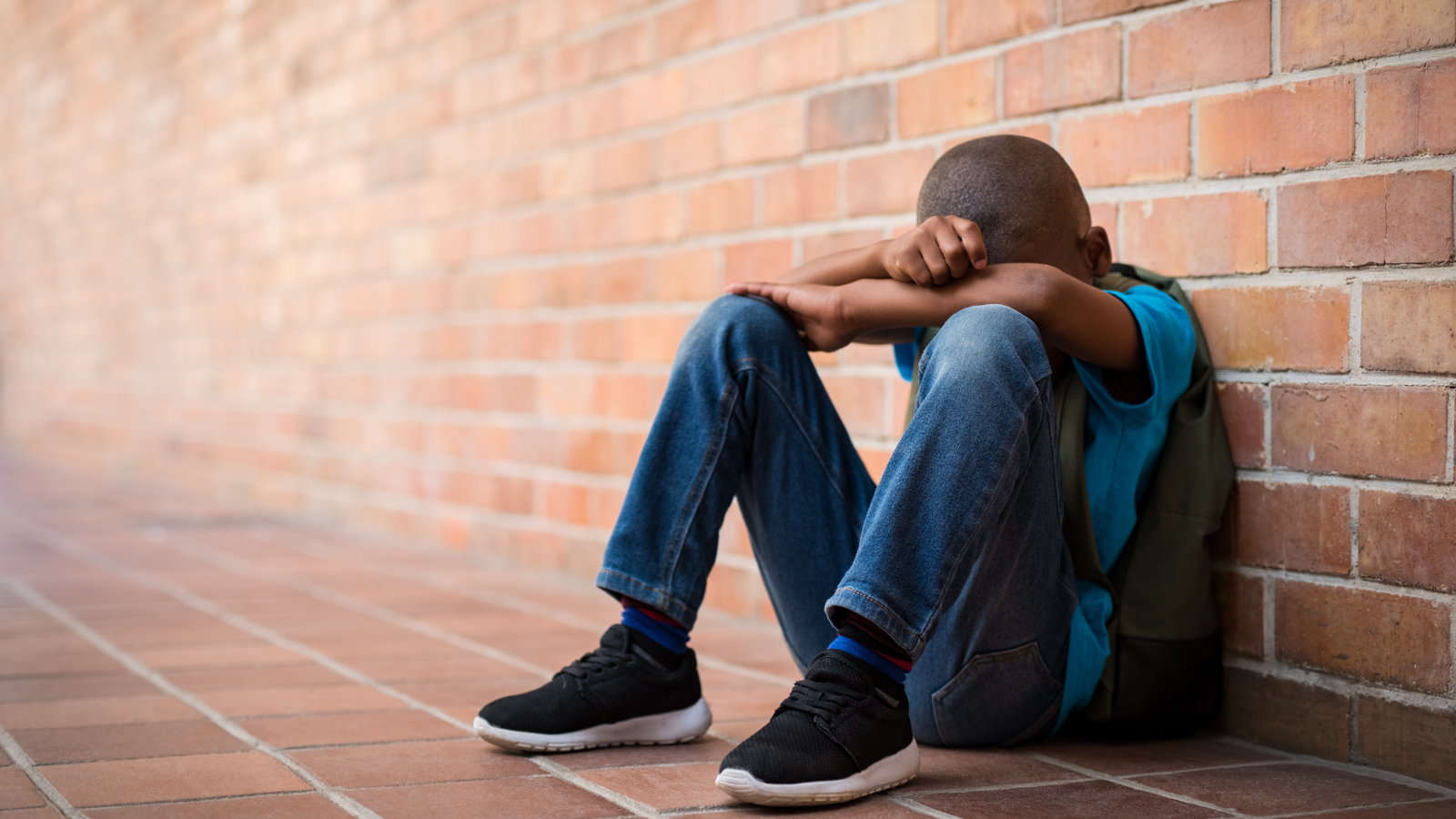
According to the latest statistics released (2010), about 15 percent of all children are bullied at some point in their K-12 school years. More than half of students report that they've seen bullying take place at their school, and about 10 percent of students either drop out or switch schools at some point because they're being bullied. It's clearly a widespread problem in American schools. Here are some signs to watch for, which can indicate that your child is being bullied at school.
School Bullying Signs
- More Sick Days: The child complains of headaches or stomachaches more than usual, in an attempt to stay home from school.
- Unexplained Injuries: More bumps, bruises, or scrapes than normal, and the child might lie and say they "fell" or bumped into something at school.
- Academic Decline: A sudden decline in grades or other school performance is a warning sign that something is wrong, possibly bullying.
- Social Withdrawal: The child may not have many friends, or might seem to be withdrawn from other kids their age.
- Stress: The child becomes upset or anxious, and might refuse to tell parents what's bothering them.
- Behavioral Changes: Children who are bullied often go through mood swings or rapid behavioral changes. They may have lower self-esteem.
- Insomnia: The child may be suffering from a lack of sleep, related to anxiety over being bullied.
- Reluctance about School: The child might not want to go to school, and may begin to voice feelings that they hate their school, their teacher, or some other aspect of their academic life.

While these are signs of physical bullying in the real world, parents and children now have to worry about the virtual bullying that can happen in cyberspace as well. Many of the signs of cyber-bullying are similar to what a child will go through when they're being bullied on the playground or in the lunchroom. However, researchers have identified some additional signs to watch for that can indicate cyber-bullying:
- Upset after Being Online: If the child becomes upset after participating in a chat room or reading a text message, it can indicate that they're a victim of cyber-bullying.
- Withdrawal from Real-World Social Interaction: Bullying that takes place online often has a real-world counterpart. When a child withdraws from their peers and doesn't want to engage in activities with them, it can indicate that they're being bullied online and don't want to face their attackers.
Other Forms of Bullying
“Allergy bullying” is a form of bullying that, until recently, had not been widely recognized as a problem. Yet, according to the American College of Allergy, Asthma and Immunology (ACAAI), as many as 79 percent of food-allergic kids surveyed have been bullied, teased or harassed by other students in relation to their food allergies. Allergic children have reported that the bullying often involves someone purposely touching them with a known allergen (i.e. a peanut butter sandwich), waving it in front of them or throwing it at them.
In many cases, the bullies are just trying to be funny and don’t realize that, for some kids, contact with allergens can cause serious illness or death. This form of bullying may be more prevalent now that more schools are becoming savvy to allergy problems and designating special eating areas in the playground or cafeteria for kids with food allergies. While this can be a helpful approach for many students with allergies, for others, it simply brands them as “different.”
If you have a child with allergies, find out if they have experienced any negative attention from their peers at school.
How to Help Your Child
If you suspect your child is being bullied, you have to talk to your child and find out what's bothering them. Children who go through bullying often feel ashamed and are reluctant to tell others. Notify the school and get them involved immediately if your child is being bullied. Talk to the principal, teachers, aides, bus drivers, or anyone else who has contact with your child, and let them know about the situation. Work with these officials to help resolve the bullying and to protect your child. For more resources and information on how to stop bullying, visit www.stopbullying.gov.

